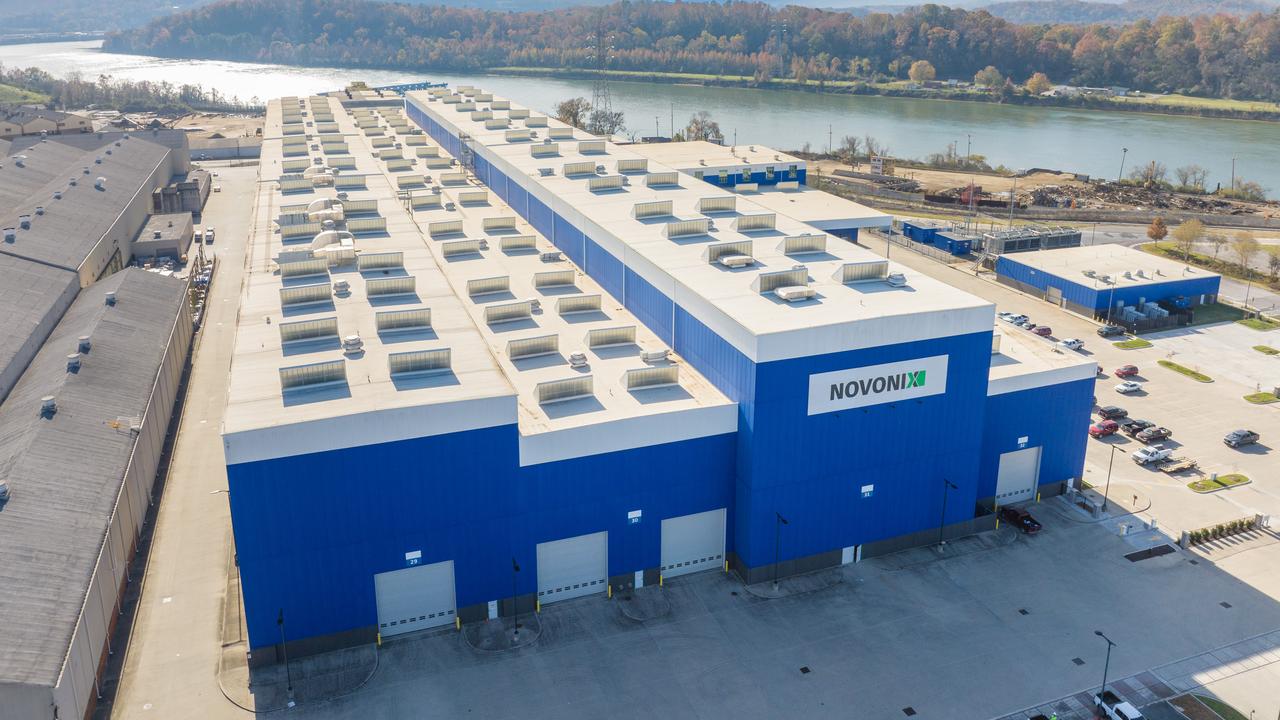Orica CEO Sanjeev Gandhi: Inflation fight needs more policy firepower
Sanjeev Gandhi says Australia must fight inflationary impacts with targeted government funding, balanced labour relations, and tax incentives for innovation, R&D, and rapid adoption of digital and automated technologies.

Economy
How would you rate the momentum of the Australian economy as we head into 2025? Official forecasts have Australia trimming interest rates from the first half of calendar 2025, is that consistent with your view? What are you seeing around inflation in your own business?
We hope interest rates have peaked globally as we do see significant impact on consumer spending and sentiment. We have seen some easing of cost pressures; however, underlying inflation remains high. We see continued challenges from very high domestic gas price, electricity price and labour costs.
Our prudent approach to commercial discipline and our recent financial performance shows our resilience and continued adaptability to external challenges.
Outlook
What excites you heading into 2025? Are you likely to increase, hold steady, or trim your investment spend?
2024 has been a transformative year for Orica. We are now not only the global leader in blasting solutions but also in digital solutions and specialty mining chemicals.
I am excited about the future, with further opportunities to grow our core blasting solutions business and expand beyond blasting, supported by our recent acquisitions in Digital Solutions and Specialty Mining Chemicals that will support our customers given our market leading position in gold, copper, iron ore and future facing commodities.
Reform
As we move into an election year, in your mind, what’s the single biggest lever that can/should be used to lift Australia’s competitiveness or productivity? This could be across any area from labour market, tax reform, training or other areas to encourage investment.
Australian manufacturing continues to face a number of challenges including the unreasonable cost of local natural gas, electricity prices, cost of decarbonisation, carbon tax, rising labour costs and declining productivity.
We must prioritise productivity initiatives to mitigate inflationary impacts and this needs to be supported by effective monetary policies and targeted government funding, balanced labour relations, and tax incentives for innovation, R&D, and rapid adoption of digital and automated technologies.
We require policy certainty across energy prices, industrial relations and ongoing support for future facing commodities to ensure the energy transition. A review of corporate taxation would go a long way in making Australia a more attractive destination for manufacturing investment.
Geopolitics
Will a Donald Trump presidency have a potential impact on your business or sector (tariffs or streamlined regulation)? Does geopolitics drive a bigger part of your decision-making?
It is early days. We will continue to engage with governments and policy makers to better understand the tariffs and mitigate any potential impacts on our business.
The new US administration is supportive of domestic manufacturing and mining and deregulation could make new investments and expansions easier which would be very positive for our North American business.
We will continue to invest in our US business with the added benefit of cost competitive gas and electricity supporting our manufacturing operations in the region.
People
Has your organisation’s approach to flexible working – including working from home – evolved during the year. Is this likely to change further into 2025?
In a post COVID-19 era, we’re finding employees have different expectations of their work environment, and we’re committed to adapting to these to ensure an agile and evolved workplace while balancing business requirements and ensuring employees stay engaged and collaborate to solve shared challenges.
Orica’s Flexible Working policy has been in place in Australia for quite some time, covering different ways flexible work arrangements can be facilitated across the many different roles we have in our business. We encourage our people to work with their managers to determine flexible work arrangements that best work for them, so that we can continue to operate productively and efficiently. I am personally in the office most days when not travelling for work.
Technology
Where is your organisation along the AI journey – is it in the developmental stage, or are you now using the technology at scale across your business? If so, are benefits matching the promise?
Artificial intelligence has the potential to drive significant efficiencies across enterprises, presenting great opportunities for our industry to increase productivity, accessibility of knowledge and address business challenges at scale.
Innovation is at the core of Orica’s strategy, and as we continue to build and invest in the next generation of digital technologies and solutions. We are developing our own in-house AI tools focusing on artificial intelligence-based solutions to support our customers, as well as utilising AI to increase efficiencies in our own operations.
We were an early adopter program of Microsoft Co-Pilot, which embeds the power of Generative AI into the Microsoft Office 365 suite to improve day-to-day productivity of our teams, while protecting Orica’s data through in-built engineered security controls. We are also collaborating with Google and SAP to build AI based solutions leveraging off our data and knowledge from 150 years.


